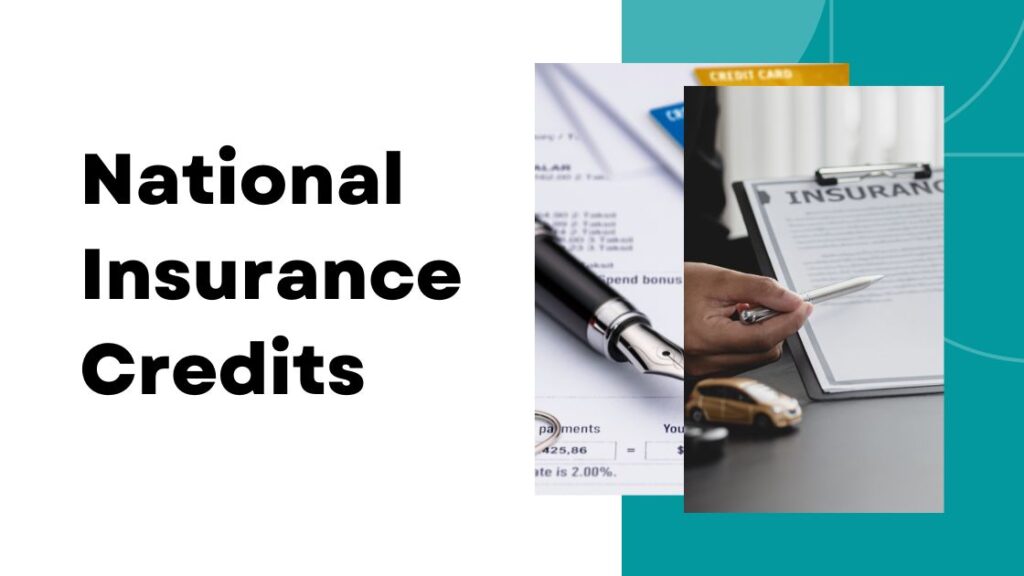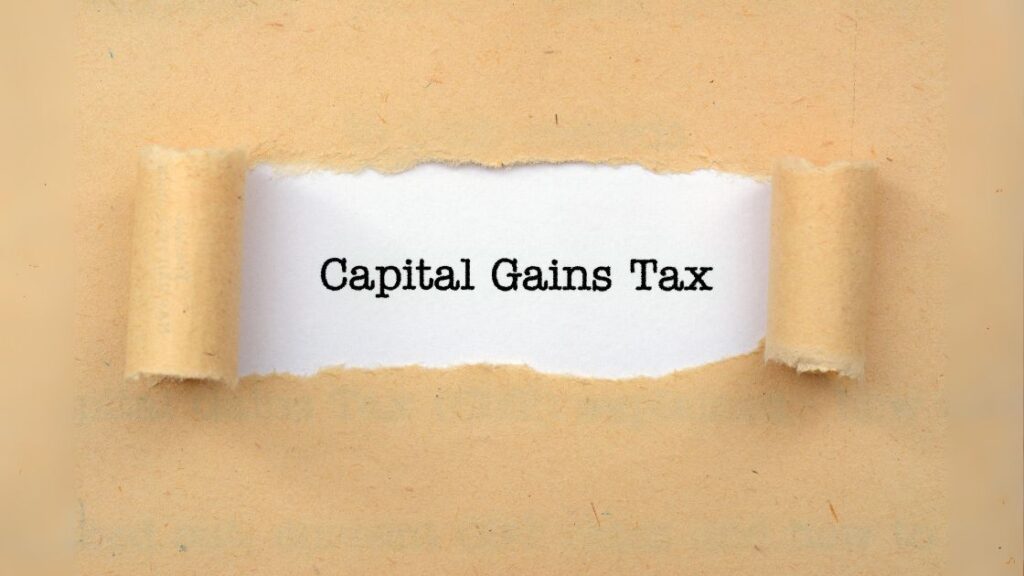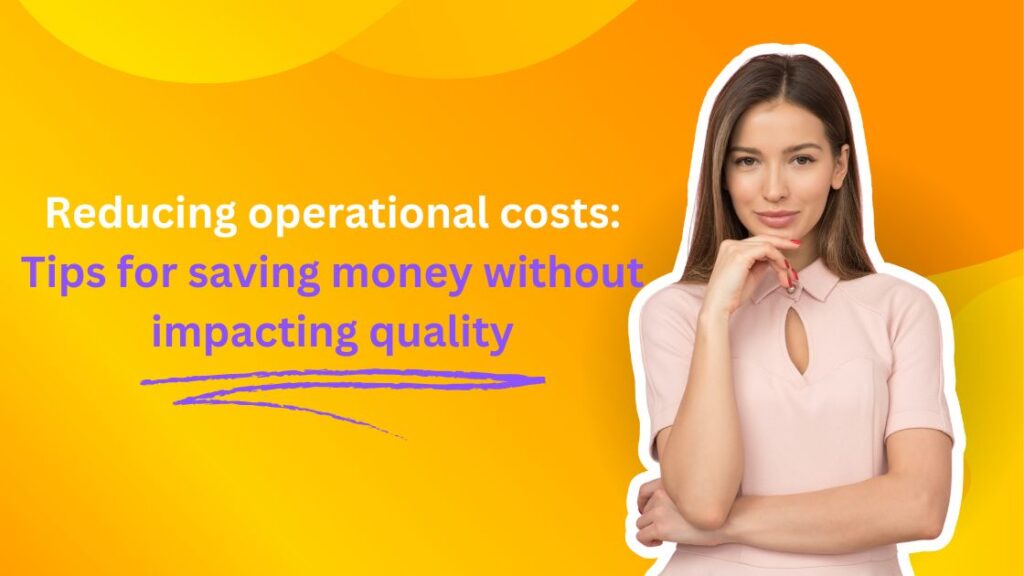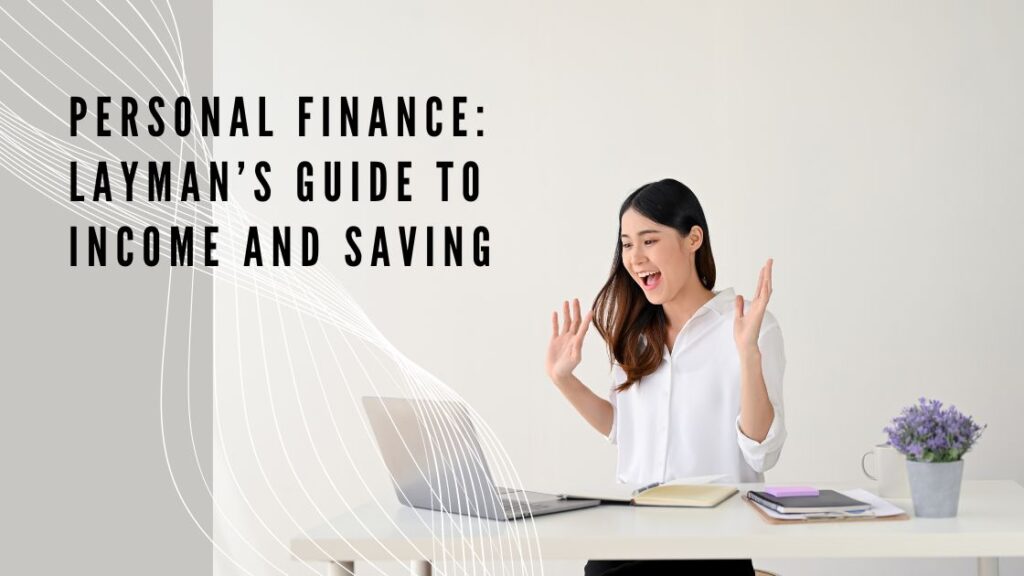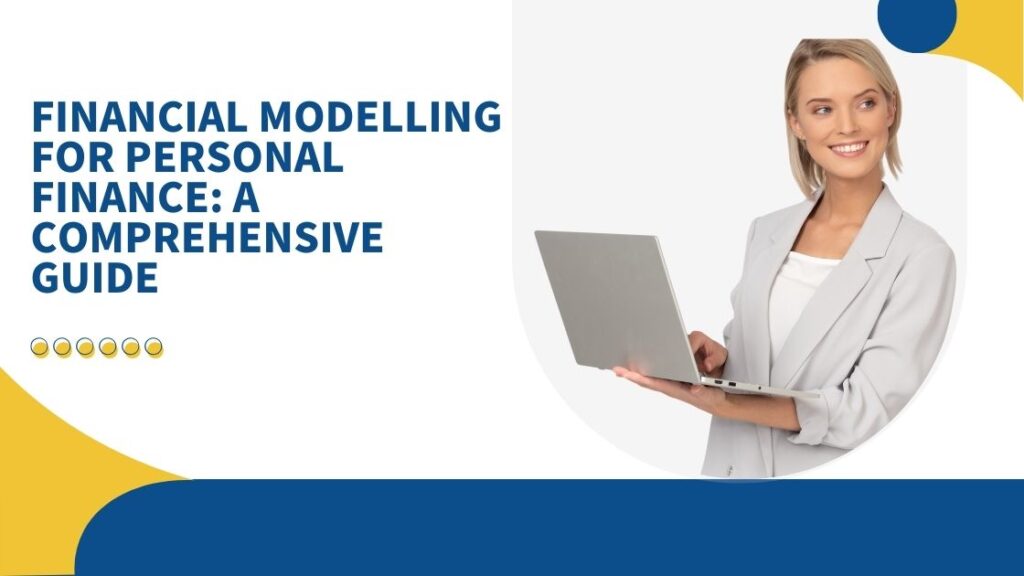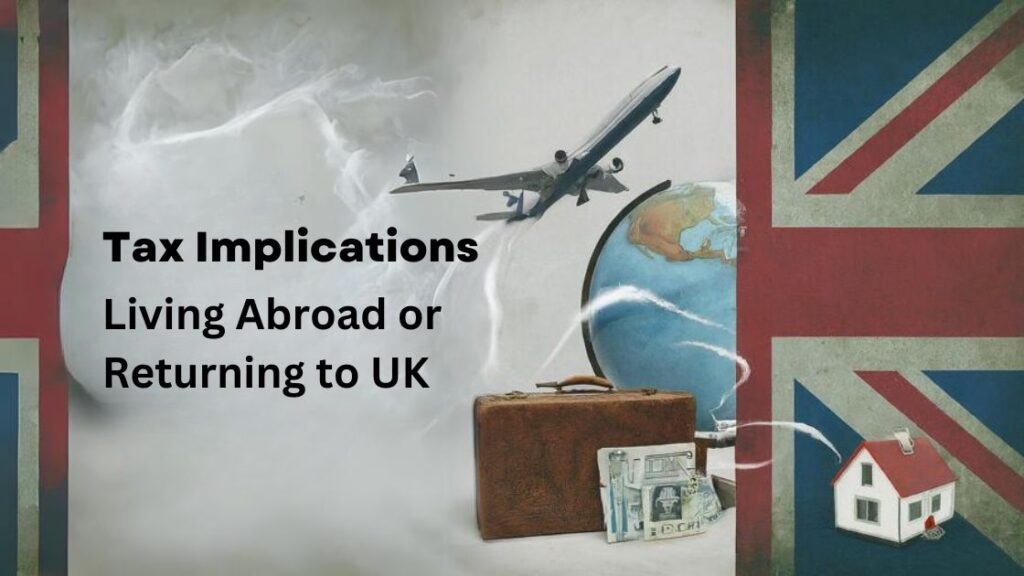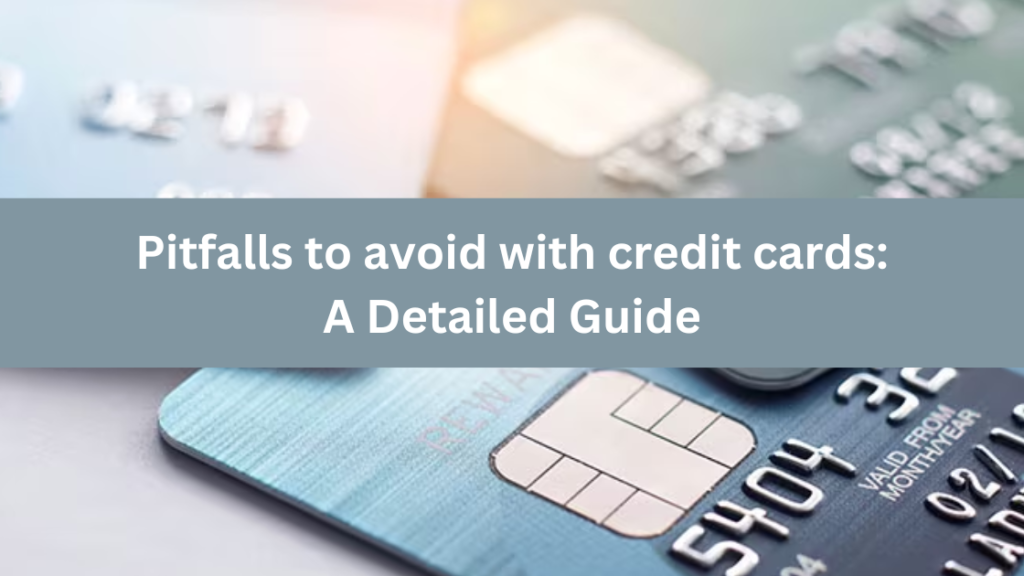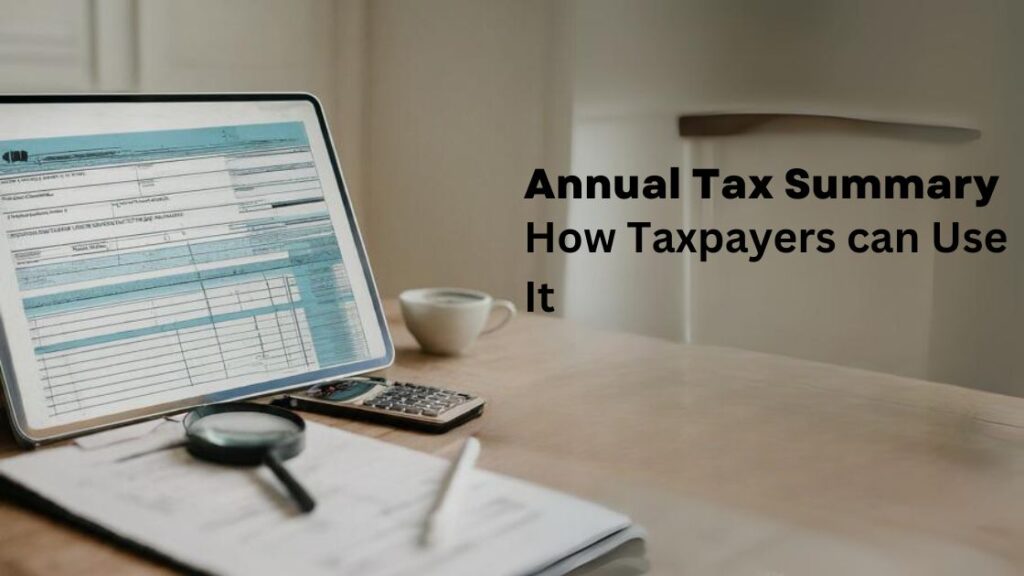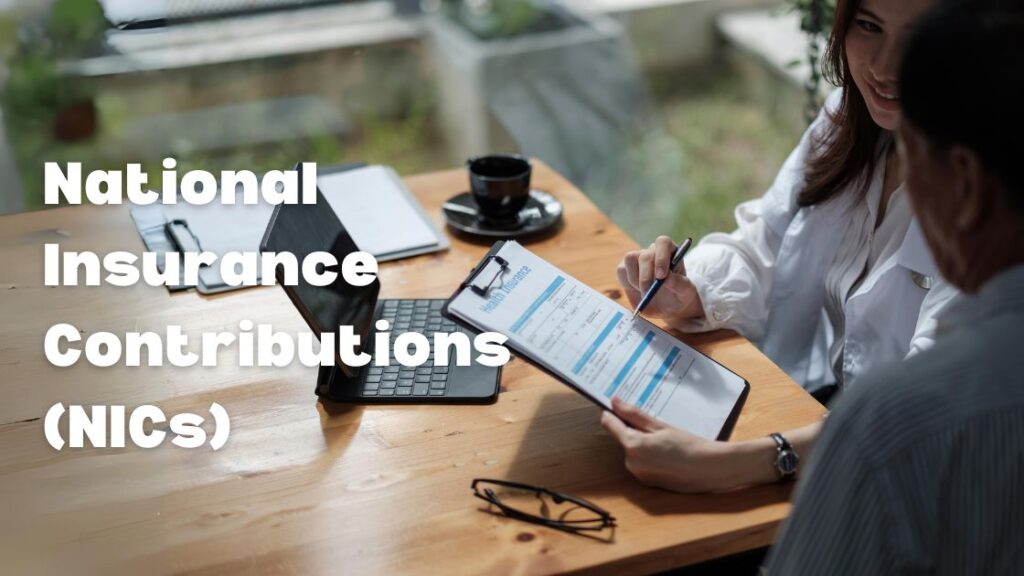National Insurance Credits
Ensuring people have a future is a crucial role of National Insurance Credits as they contribute towards State Pension benefits and provides access to state support. It’s essential to know how to use and benefit from National Insurance Credits if you’re not working, ill or caring for someone. Utilizing these credits can help lay a groundwork, for your retirement and provide security in circumstances.
National Insurance Credits are available to individuals:
- Looking for a job,
- Unwell or disabled,
- Maternity, Paternity or Adoption pay,
- Parents or guardians,
- Carers,
- On Working Tax Credit,
- On Universal Credit, or
- Partners of people in Armed forces,
National Insurance Credits is not available to married woman who is paying reduced rate National Insurance.
Types of National Insurance Credit
There are three types of National Insurance Credit and individuals can apply for the credit based on their situation. These are namely:
- Class 1 National Insurance Credits: Employed individuals with wage more than £123 and less than £242 per week are eligible for Class 1 NIC towards their State Pension.
- Class 3 National Insurance Credits: Individuals who are not eligible for Class 1 or Class 2 contributions, choose to pay voluntary Class 3 contribution to fill the gaps in their National Insurance Record.
- Class 3 National Insurance Credits for Carers: Individuals taking unpaid care of others for at least 20 hours per week as part of their responsibility are eligible for Class 3 National Insurance Credits for Carers to contribute towards their State Pension.
A person can be eligible for either of the above National Insurance Credits depending on their individual situation. Some of the situations and individual entitlement to the credit are explained below in a more detailed manner:
| # | Scenario | Eligibility | Credits |
| 1 | Looking for work |
|
You get Class 1 credits automatically |
|
Contact your local Jobcentre to claim Class 1 credits | ||
| 2 | Unwell or disabled |
|
You get Class 1 credits automatically |
|
Apply for New Style ESA to get Class 1 credits | ||
|
Apply for Class 1 credits. | ||
| 3 | Maternity, Paternity or Adoption pay |
|
You get Class 1 credits automatically |
|
Apply for Class 1 credits. | ||
| 4 | Parents or guardians |
|
You get Class 3 credits automatically |
|
Apply to transfer Class 3 credits between parents or guardians | ||
|
Apply for Class 3 credits | ||
| 5 | Carers |
|
You get Class 1 credits automatically |
|
You get Class 3 credits automatically | ||
|
Apply for Class 3 carer’s credits if you’re not on Carer’s Allowance, Carer Support Payment, or Income Support | ||
| 6 | On Working Tax Credit |
|
You may get Class 1 credits automatically. |
|
You may get Class 3 credits automatically. | ||
|
You may get Class 3 credits automatically. | ||
| 7 | On Universal Credit | you get Class 3 credits automatically | |
| 8 | Partners of people in Armed forces |
|
Apply for Class 1 credits |
|
Apply for Class 3 credits |

